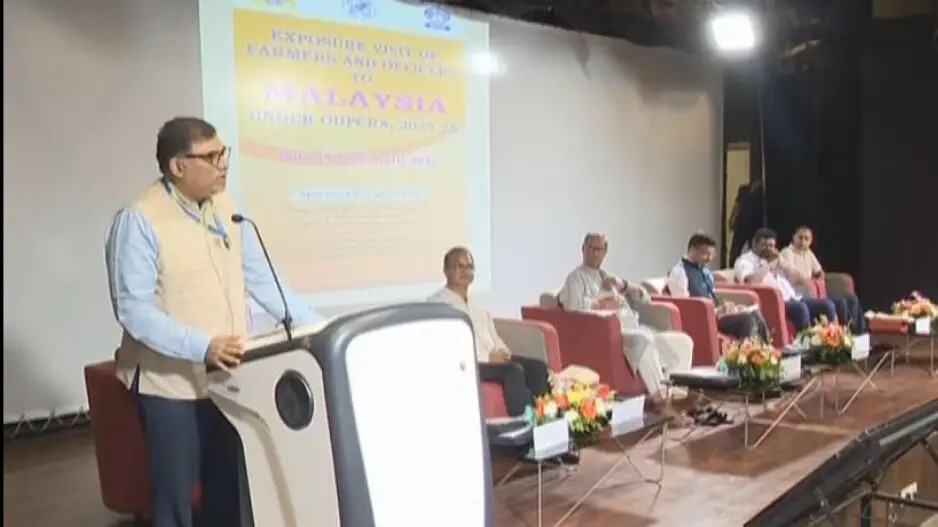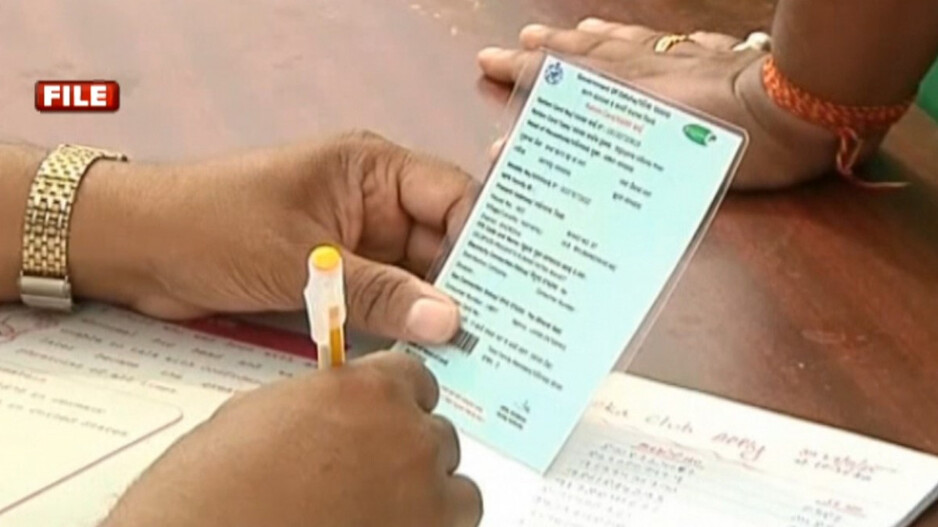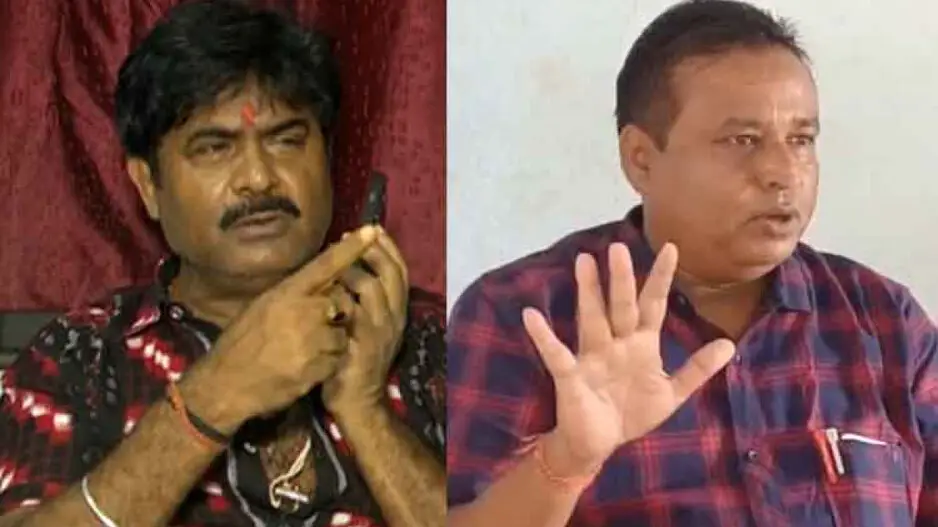/odishatv/media/post_attachments/uploadimage/library/16_9/16_9_0/recent_photo_1740052502.jpg)
Cuttack court overturns restrictions on OTV broadcasts related to KIIT and KISS
The Cuttack Senior Civil Judge Court on Friday lifted the restrictions preventing Odisha Television Limited (OTV) from reporting on matters related to the Kalinga Institute of Industrial Technology (KIIT) and Kalinga Institute of Social Sciences (KISS).
The Senior Civil Judge Court concluded that the claims presented by the petitioner lacked sufficient evidence. The court argued that imposing restrictions on OTV would lead to irreparable harm to the channel, especially when the news in question is publicly accessible.
Petition and Allegations
Rita Patnaik, a resident of the Badambadi area, filed a petition alleging that negative news coverage about KIIT adversely impacted her son's mental wellbeing, diminishing his self-esteem and disrupting his attendance. The petition sought to prohibit OTV from airing any unfavourable reports about KIIT and KISS.
Also Read: Nepali student death issue raised in Parliament, MEA says appropriate action will be taken against KIIT University
Interim Restriction and Final Judgement
Initially, the court had placed an interim ban on OTV's broadcasts concerning the institutions. However, following a comprehensive evaluation, the court has dismissed the interim application and lifted all prior restrictions, allowing OTV to resume its reporting on the subjects.
Upon review, the court issued a comprehensive judgment lifting the restriction and dismissing the case, citing inadequate proof of any damage caused by the broadcasts.
Legal Outcome
The decision has been deemed a victory for press freedom, upholding the principle of fact-based reporting. The case has highlighted the challenges often faced by media houses in balancing public interest reporting with individual privacy and mental well-being concerns.
The judgment underscores the importance of journalistic freedom in disseminating information available in the public domain.
Khordha fire mishap: Several homeless families grapple, await govt assistance

Odisha farmers to visit Malaysia to study advanced agricultural techniques

Odisha govt directs Collectors to ensure preparation of ration cards by April 22, distribution soon

Rift between jatra artistes and owners widens in Odisha

/odishatv/media/agency_attachments/2025/07/18/2025-07-18t114635091z-640x480-otv-eng-sukant-rout-1-2025-07-18-17-16-35.png)

/odishatv/media/media_files/2025/09/22/advertise-with-us-2025-09-22-12-54-26.jpeg)
